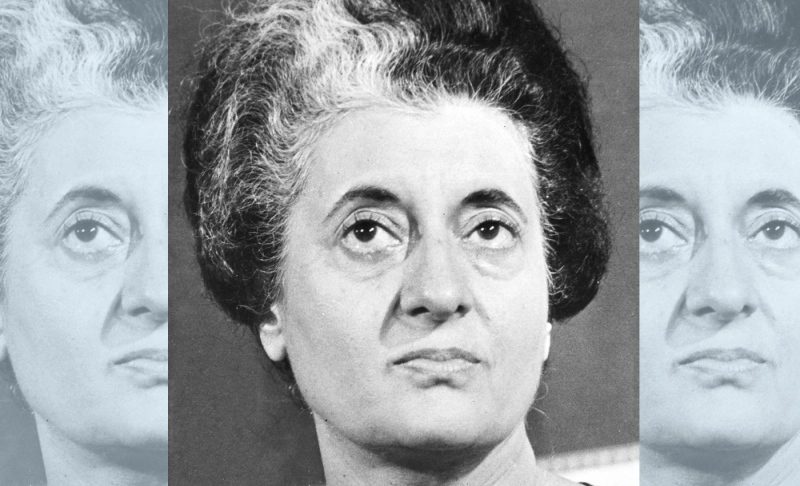By: Nikita Kochhar
March 2 2021

The authenticity of the quote continues to be a subject of debate for experts.
The authenticity of the quote continues to be a subject of debate for experts. On December 16, 1971, the Pakistani Army surrendered to the Indian forces after facing defeat in the Indo-Pak war, which led to the formation of Bangladesh. Ever since the battle took place, several Pakistan-based publications have published a quote attributing it to Indian Prime Minister Indira Gandhi. she had allegedly said, "We avenged our thousand-year slavery on Muslims". However, the authenticity of the quote has been debated by researchers. Almost every Pakistani diplomat, general, cleric, politician, and journalist has mentioned the quote at some point, according to The News on Sunday, a leading Pakistani magazine. According to TNS, there are several variations of this quote circulating on the internet which cast doubts on its authenticity. Political analyst and researcher Shakil Chaudhary wrote in the TNS, "We are told that in the wake of the December 16, 1971 surrender, Prime Minister Indira Gandhi said that she had avenged thousand years of slavery. There are several variations on this quotation, casting doubts on its authenticity. There is hardly any Pakistani general, diplomat, cleric, politician, or journalist who has not mentioned this quotation because to them it is the ultimate proof of Indians’ hatred against Pakistan and Muslims. There is one big problem with this quotation: it has no basis in fact. Nobody has been able to establish when and where Mrs. Gandhi uttered these words. Even Oxford University Press (OUP) has been taken for a ride on this. At least two OUP books have carried this quotation without any verification. The first was Working with Zia (1995) by Gen KM Arif, but this book did not have any citation of the source. Mr. Gowher Rizvi, then a Fellow in International Relations at Nuffield College, Oxford, wrote its foreword. The second was Pakistan’s Foreign Policy (2007) by Abdul Sattar, who has twice been the foreign minister of Pakistan." He narrates, "Mr. Abdul Sattar writes in his book: 'Speaking in parliament, she was reported to have said she had defeated Pakistan, and avenged several centuries of Hindu humiliation at the hands of Muslim sultans and emperors. ‘Delirious with joy’ the members of parliament gave her a thunderous ovation.' He cited V Langer’s 1988 book The Defence and Foreign Policy of India. If Mr. Sattar was confident of the authenticity of the quotation, why did he say ‘reported to have said’? The factual position is that the words that evoked the ‘thunderous ovation’ were: “Dacca is now the free capital of a free country.” The word “avenge” is nowhere to be found in Langer’s book. I wrote to the OUP about it in 2010. They conducted their research. They even sought the help of their office in India. In the end, they confronted Mr. Abdul Sattar, and he agreed to remove it in the subsequent edition.' According to Chaudhary, the December 6, 2011, issue of Jang, an influential newspaper in Pakistan quoted Syed Zafar Ali Shah, a former Pakistani senator and a Supreme Court lawyer as saying that Gandhi uttered these words while addressing a rally in New Delhi, “Today a naari (woman) of India has avenged the defeats of a thousand years.” He cites multiple instances where variants of the quote allegedly made by the former Indian prime minister have appeared in various publications and concludes that the authenticity of the quote has not been ascertained and there seems to be no clear consensus regarding the same.